In the context of the Geneva Trialogue, the European research project Crowd4SDG held a hybrid workshop on March 17th called “Closing the gap between institutions and citizen science generated data and solutions”.
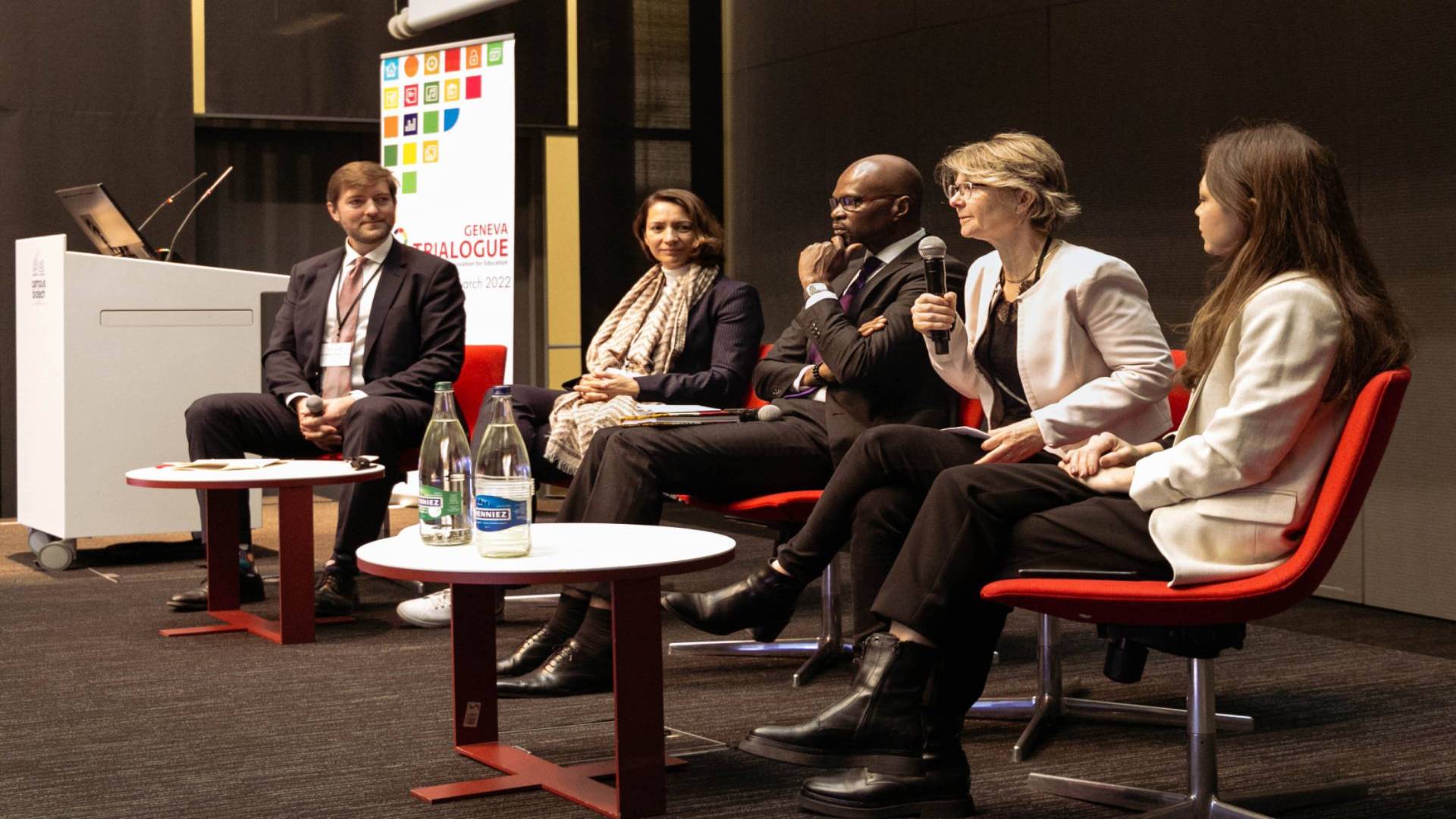
© Geneva Trialogue
During the Geneva Trialogue conference, the Crowd4SDG project, which Université Paris Cité is a partner, gathered institutional members, associated partners and finalists of the “WOMER”, “DONATE WATER” youth led projects. The round tables were moderated by Stephanie Chuah, programme manager at the University of Geneva and Camille Masselot, research project coordinator at Learning Planet Institute.
The group gave an update on the progress of the Crowd4SDG project, emphasizing its mission: to launch youth-led crowdsourcing projects that track progress towards the SDGs and generate local innovations for the SDGs. Participants brainstormed to identify the gaps between institutional data and data generated by citizen science. They discussed how the gaps can be bridged by sharing knowledge, creating synergies and potential partnerships, particularly in the field of water and sanitation.
A community mobilized around climate issues and gender inequalities
The two finalists “WOMER” and “DONATE WATER” shared their observations on the challenges and opportunities they faced while implementing their projects. The group as a whole identified some topics that needs to be tackled, notably around:
- Aligning SDG methodologies with how data is collected.
- Reliability of citizen science data built from scratch versus existing data.
- Institutional resistance to data quality, design and other forms of implementation.
- Linkages between NSOs and citizen science initiatives.
The GEAR Cycle
Initiatives organised by Crowd4SDG follow a robust innovation cycle called GEAR (gather, evaluate, accelerate, refine) over six months for each period. The first GEAR cycle began with an online screening and coaching of citizen-generated ideas for climate action and water in the fall of 2020. The second cycle started as of August 2021 aims to tackle climate and gender issues. Five teams completed a challenge-based innovation workshop hosted by IdeaSquare at CERN. The Geneva Trialogue marked the end of the second GEAR cycle where the two finalists presented their projects. Members are preparing for the final cycle, which will begin in the coming months.
About
The Crowd4SDG consortium (UNIGE, CERN, CSIC, IIIA, Politecnico di Milano, UNITAR, Universite Paris Cité and Learning Planet Institute (formerly CRI) promotes citizen science aimed at the SDGs, focusing on Climate Action. The goal of this EU funded project is to assess the usefulness of practical innovations developed by the teams, and research and investigate how AI applications can enhance and provide effective monitoring of SDG targets and indicators by citizens.
Read more
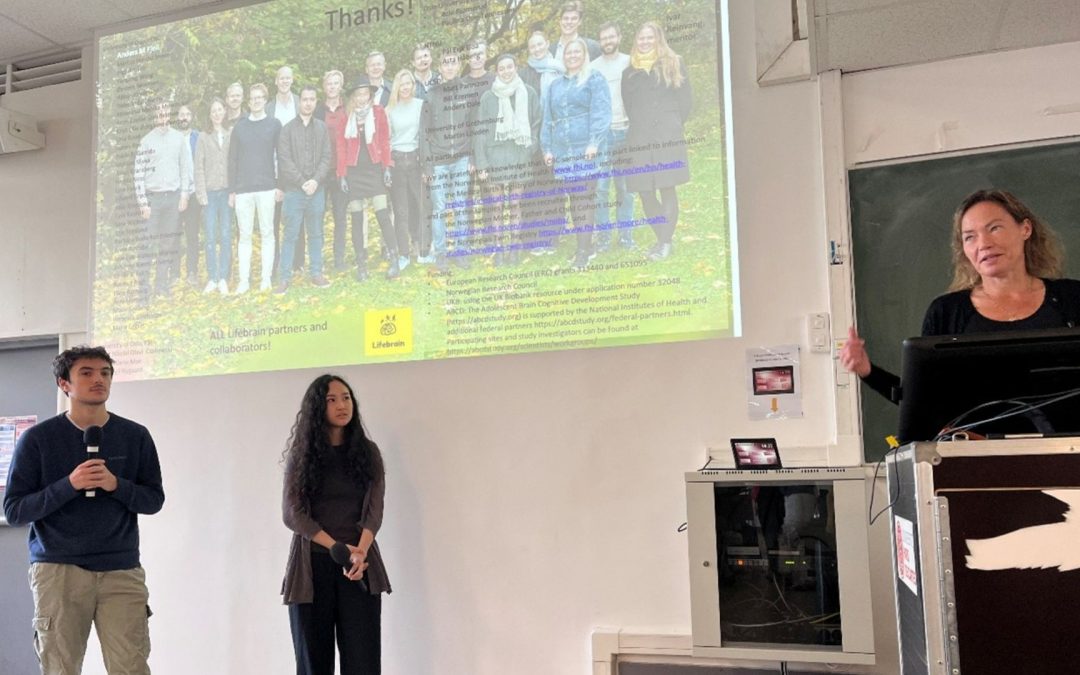
INC Day 2025: an international scientific day dedicated to neuroscience
The Neuroscience and Cognition Institute of Université Paris Cité (INC) organized a new edition of the INC Day, focused on neurodevelopmental trajectories. A key partner of the event, the Graduate School Neuroscience invited its first year and second year master...
read more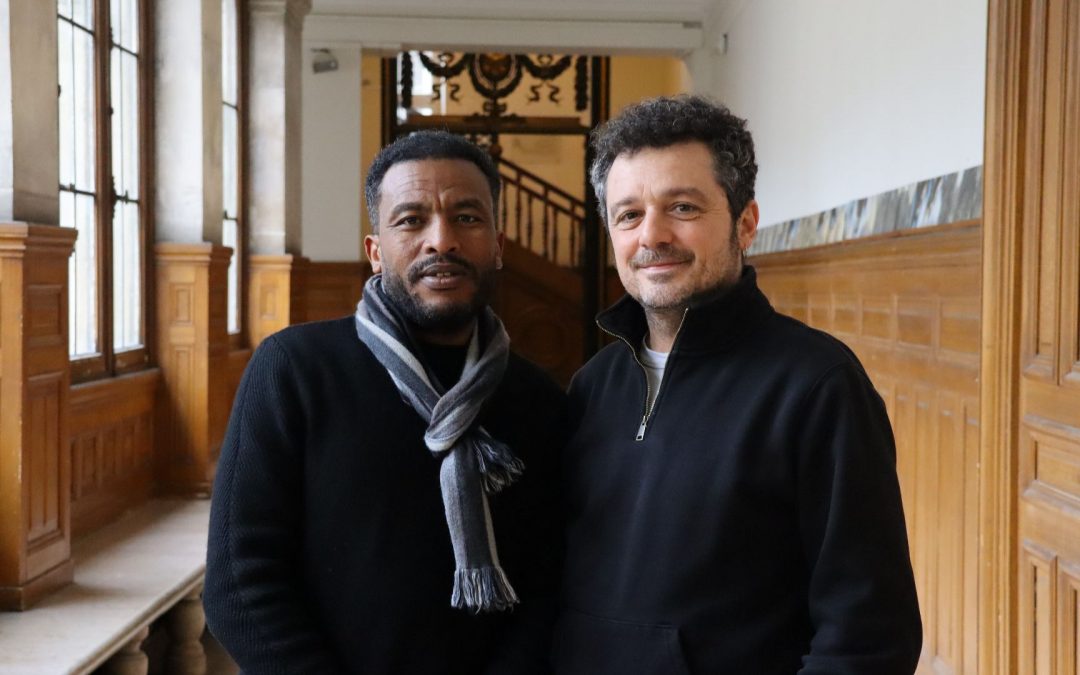
Abraha and Pierre: A Friendship to Preserve the People’s Memory of War
In Paris, two historians’ paths crossed. One had just arrived from Ethiopia, carrying notebooks filled with daily observations written during the war in Tigray. The other, based in France, is a specialist of Ethiopian modern history. From this encounter, a partnership...
read more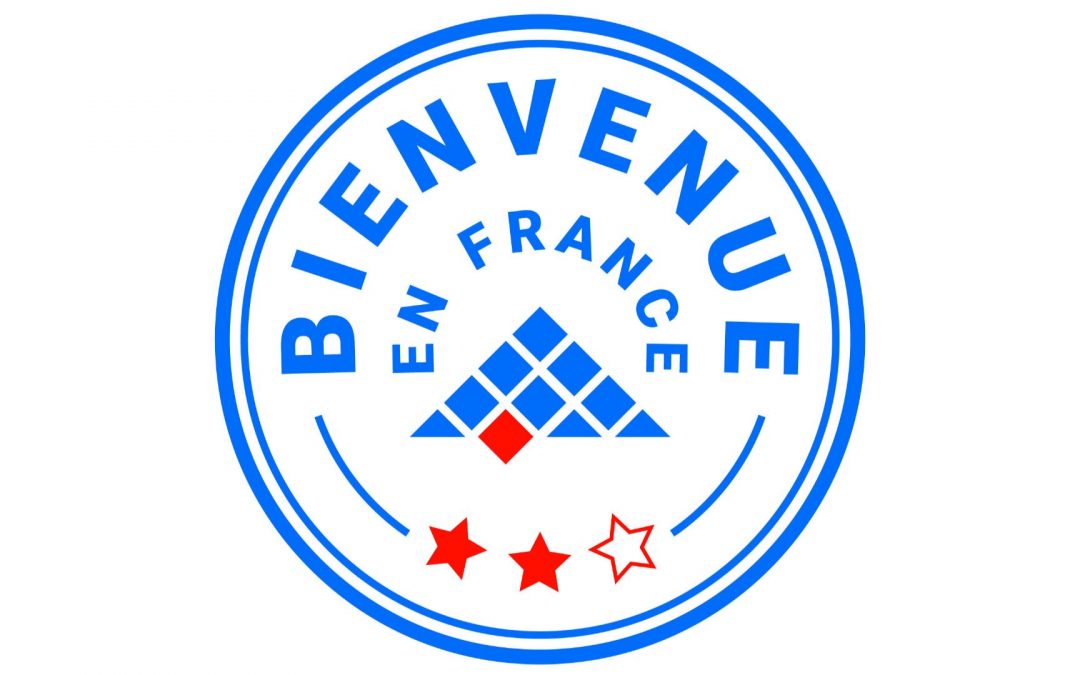
Université Paris Cité awarded the “Bienvenue en France” Label
On 11th December 2025, Campus France awarded Université Paris Cité the “Bienvenue en France” Label, Level 2, recognising the university’s commitment to offering a high-quality welcome for international students. The "Bienvenue en France" Label Granted for a period of...
read more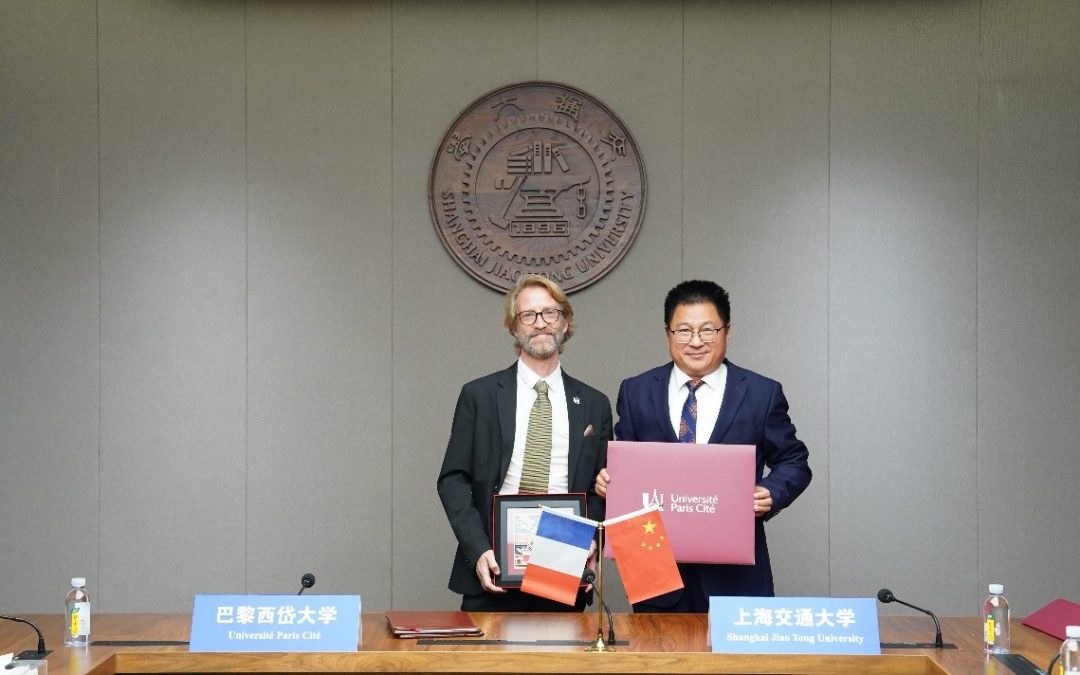
Université Paris Cité strengthens its cooperation with Shanghai Jiao Tong University
Université Paris Cité and Shanghai Jiao Tong University (SJTU) sign a new cooperation agreement and a mobility agreement aimed at expanding a long-standing partnership, initially focused on medicine, to all academic disciplines.Antoine Kouchner, vice president of...
read more